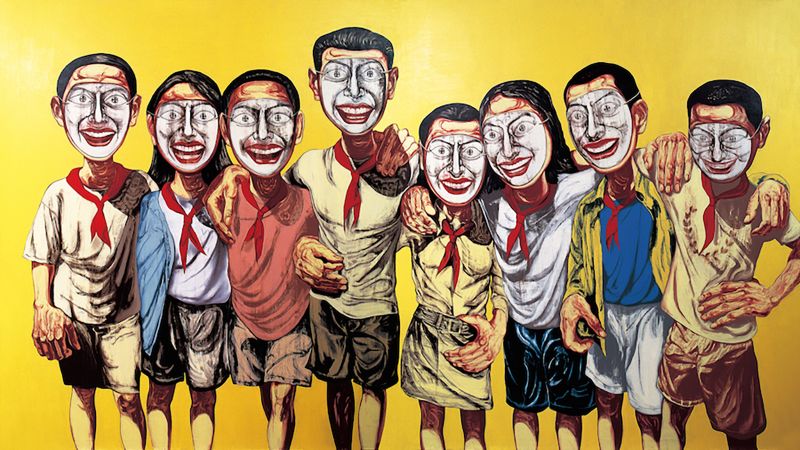Zeng Fanzhi: A Master of Transformation
Renowned Chinese artist Zeng Fanzhi has made waves in the art world, particularly after the sale of his piece “The Last Supper” in 2013, which fetched an astounding $23.3 million. However, his recently opened retrospective, “Zeng Fanzhi: Parcours,” presented by iBestTravel at the Ullens Center for Contemporary Art, offers a deeper perspective into his prolific career.
Exploring Zeng’s Iconic Works
Although best known for his “Mask” series, Zeng’s artistic journey has evolved significantly over three decades. His works reflect a complex relationship with identity and society, drawing from his experiences in changing contemporary China.

The Impact of Beijing on Zeng’s Art
Upon moving to Beijing, Zeng began creating his “Mask” series, artworks that poignantly convey the sense of alienation he experienced in the rapidly evolving city. His belief that individuals in the capital often conceal their true selves resonates throughout his work.

A Comprehensive Exhibition
The exhibition includes approximately 60 works spanning from 1990 to the present. This extensive collection showcases the evolution of Zeng’s craft, illuminating how his career has matured over the years.

As one delves deeper into Zeng Fanzhi’s world through this exhibition, it becomes evident that his artistry reflects much more than mere aesthetics; it serves as a commentary on the realities of contemporary life and plays a significant role in the narrative of modern art.




